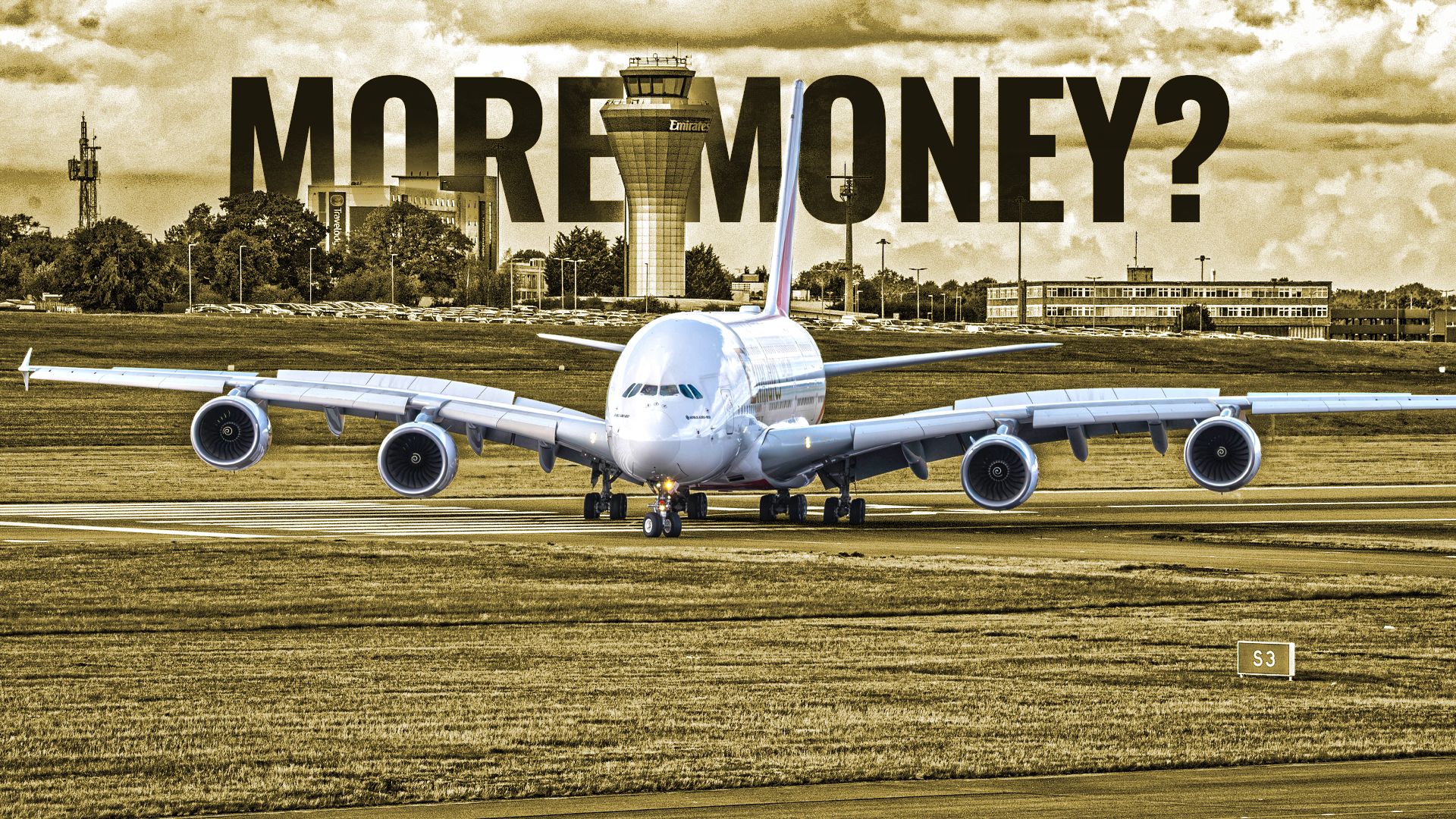URGENT UPDATE: As of 2025, the cost of flying is set to rise significantly due to ongoing global inflation, which currently stands at a staggering 3% in the United States and even higher in many regions worldwide. Travelers should brace for increased ticket prices as airlines adjust to economic pressures.
Experts warn that no sector is immune to inflation, and the aviation industry is no exception. With rising operational costs, including fuel, maintenance, and labor, airlines are expected to pass these expenses onto consumers. This means passengers could face steeper fares than seen in previous years.
The International Air Transport Association (IATA) reports that the average cost of a domestic flight could surge by as much as 15% compared to last year. This increase will hit travelers hard, especially those planning vacations or business trips in the upcoming months. The pressure is on airlines to adapt while maintaining customer satisfaction, which could lead to additional fare hikes.
Travelers are already feeling the pinch. Reports indicate that many are reconsidering their travel plans due to escalating costs. The impact of these rising fares extends beyond just ticket prices; it also affects ancillary costs, such as baggage fees and in-flight services, further straining budgets.
With the summer travel season approaching, airlines are scrambling to balance profitability with consumer demand. Major airlines, including Delta and American Airlines, have announced plans to increase ticket prices as early as March 2025. This comes amid forecasts of a busy travel year, with airport officials expecting record numbers of passengers.
Flight prices are not just determined by operational costs. External factors such as geopolitical tensions and fuel prices also play a crucial role. Experts suggest that if oil prices continue to rise, the cost of air travel could escalate even further, making it imperative for travelers to book flights sooner rather than later.
What does this mean for consumers? Those looking to fly should act quickly. Early bookings may help mitigate the impact of rising costs, offering a chance to secure lower fares before prices climb any higher.
As these developments unfold, travelers are urged to stay informed. Monitoring airline announcements and fare trends could provide vital insights into the best times to purchase tickets. In this rapidly changing environment, every dollar counts, and being proactive may save travelers from the financial strain of inflated fares.
Stay tuned for more updates on this developing story as the travel landscape continues to evolve in 2025. Share this article to keep others informed about the soaring costs of air travel!







